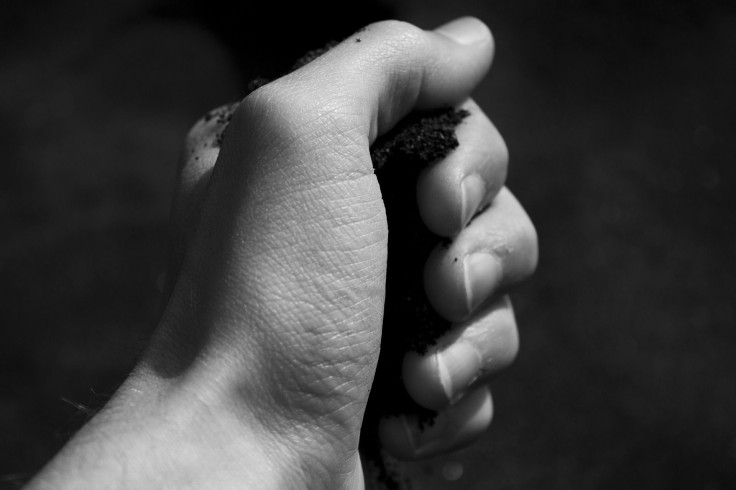Grip Strength Can Predict A Person’s Self-Control, Ability To Complete Schoolwork

Self-control is a major factor in getting things done in life, whether you’re a student or not. At college, there are plenty of distractions to pull one’s attention away from their academic work, like parties, sporting events, and general Netflix-binging procrastination. But what does having a firm grip have to do with your ability to control yourself and complete schoolwork? Lots, according to researchers at McMaster University.
Though there’s not yet a clear cause-and-effect relationship between the two, there’s definitely a connection, according to Matthew Stork, a PhD candidate in Kinesiology and lead author of the study. The study, published in The Journal of Health Psychology, involved 30 first-year college students. Stork and his co-authors talked to the students about their plans to tackle common challenges of university life, including keeping up with schoolwork and finding a way to fit in exercise — both of which require self-control.
They then asked the students to squeeze a grip-tester at about half their maximum power. The students were instructed to hold it for as long as they could, and to “resist the temptation to quit.” Four weeks later, the researchers compared the students’ academic and fitness projections with their actual schoolwork and exercise activity. The team found that those students with the greatest handgrip endurance were also the ones who worked hardest on their academic goals.
On the flip side, those who quit the grip test earliest were the least likely to resist a temptation to mess around or goof off, which had a wide range of implications for situations that required self-discipline.
“If you have a high capacity for self-control you can have a high capacity in multiple domains,” Stork said in a press release. “If you have a high level of self-control, it’s not only for exercise or doing well in school, but it can also apply to other helpful behaviors as well, like regulating your eating or smoking habits.”
There is good news for those who gave up early on the grip test, however. Stork said self-control can be trained and improved over time. If a person overcomes more and more distractions on a regular basis, they will likely learn how to successfully exert self-control in other future situations.
Source: Stork M, Graham J, Bray S, Martin Ginis A. Using self-reported and objective measures of self-control to predict exercise and academic behaviors among first-year university students. Journal of Health Psychology. 2016.



























